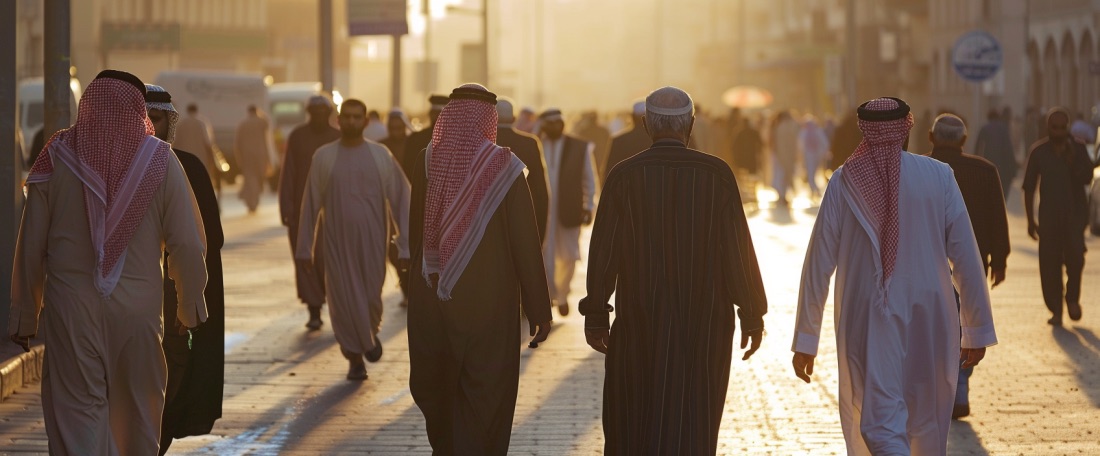India Takes Center Stage in Promoting Arabic Language
In a bid to strengthen ties with Saudi Arabia and enhance cultural exchanges, India has emerged as a key player in promoting the Arabic language. The King Salman Global Academy for Arabic Language (KSGAAL) has organized a series of programs aimed at Indian scholars and learners, showcasing the growing demand for Arabic education in the country.
Under the banner of the Arabic Language Month, Indian students and educators from universities and colleges offering Arabic courses are participating in training sessions, workshops, and competitions. The event, which kicked off online in late June and will continue until July 26, is being hosted by Jawaharlal Nehru University in New Delhi, a renowned institution for Arabic studies.
Dr. Abdullah bin Saleh Al-Washmi, the Secretary-General of KSGAAL, emphasized India’s pivotal role in promoting the Arabic language, citing the increasing commercial activities and cultural exchanges driving the interest in Arabic learning. Despite India’s diverse linguistic landscape, there is a noticeable uptick in the enthusiasm for mastering Arabic.
The Arabic Language Month in India encompasses a wide array of educational activities led by Saudi linguists associated with KSGAAL. From curriculum enhancements and workshops to specialized training sessions for instructors, the initiative aims to strengthen ties with Indian universities offering Arabic programs.
Al-Washmi highlighted the importance of showcasing Saudi Arabia’s efforts in promoting Arabic education through innovative methods. This aligns with the Human Capability Development Program, a key component of Saudi Arabia’s Vision 2030 transformation strategy.
The Vision 2030 agenda places a strong emphasis on upholding and promoting the Arabic language, with a focus on enhancing teaching skills and academic development. The program also seeks to elevate the teaching standards of Arabic language educators globally, particularly in non-native speaking communities, through modern teaching methodologies and scientific competitions.

